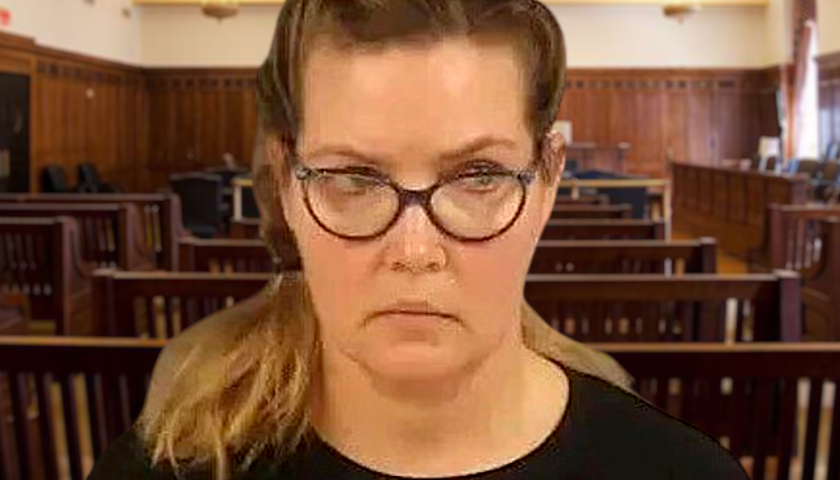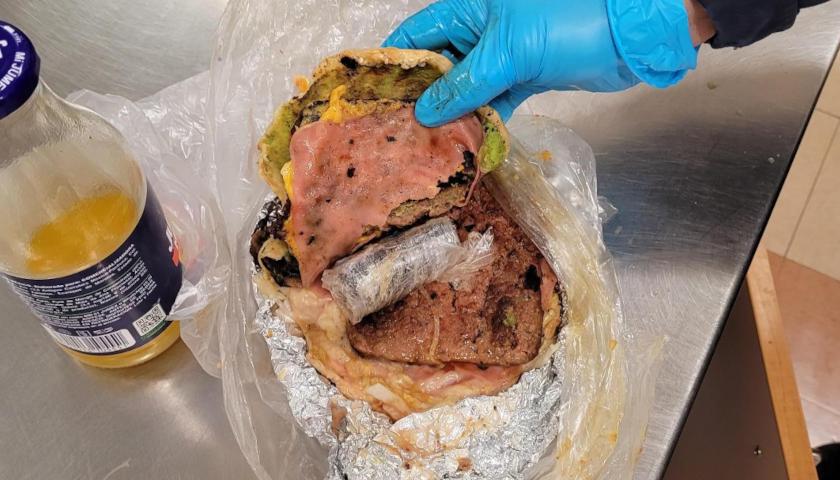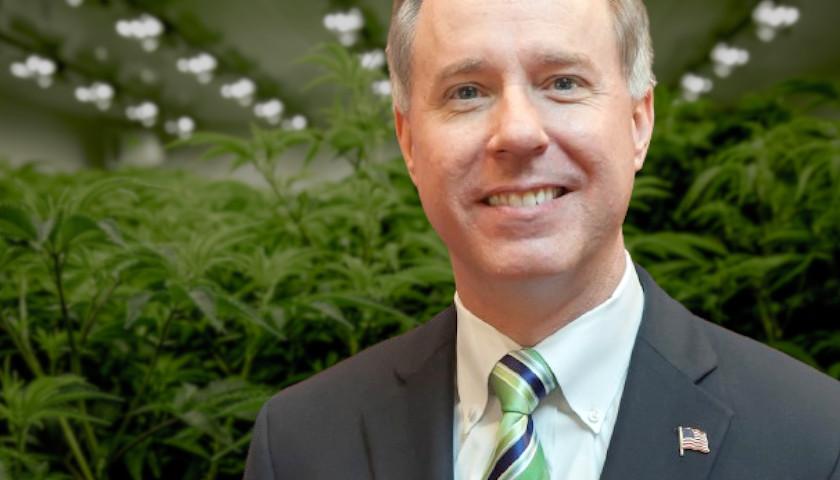A new report found that the Minnesota Department of Health’s “internal controls” for its medical cannabis program “were generally not adequate to safeguard financial assets and ensure compliance with selected legal requirements.”
The Office of the Legislative Auditor’s (OLA) Financial Audit Division examined the medical cannabis program’s internal controls and compliance with legal requirements between July 1, 2016, and December 31, 2018.
The Minnesota Department of Health (MDH) oversees the medical cannabis program and “must ensure that participants and medical cannabis manufacturers comply with eligibility, payment, and other legal requirements,” according to a press release from OLA.
In Fiscal Year 2019, 17,200 patients were enrolled in the program and its expenditures totaled $1.57 million.
The report identified several areas where the medical cannabis program’s internal controls were lacking. For instance, the MDH “did not verify for all new patients that the license of their health care practitioner was active and in good standing.”
In another finding, the report said that the MDH “did not ensure that each of the two medical cannabis manufacturers had a formal contract with a testing laboratory,” nor did MDH have “adequate controls to ensure manufacturers accurately tracked and tested medical cannabis prior to sale.”
While the report found that MDH “generally complied with most legal requirements,” it discovered that the agency charged some medical cannabis patients a lower registration fee than permitted in state statutes.
Minnesota is one of 33 states that allows qualifying patients legal access to medical cannabis for health care treatment. The law establishing the medical cannabis program was first passed in the 2014 legislative session and the program served its first patients in 2015.
In response to the OLA’s report, MDH Commissioner Jan Malcolm noted that medical cannabis in Minnesota—officially called the Office of Medical Cannabis—is a “relatively new program.”
“While there are now 33 states where medical cannabis is legal, the regulation of medical cannabis in Minnesota and across the country is still in its early stages of development,” she said in a letter to OLA. “Consequently, there have been very few established best practices to draw on.”
The OLA’s report on the program was issued on January 14, the same day a separate report found that the Regenerative Medicine Minnesota program lacked adequate internal controls. That program received $4.5 million in Fiscal Year 2015 and $4.35 million in subsequent fiscal years, according to OLA.
The full report can be viewed here.
– – –
Anthony Gockowski is managing editor of The Minnesota Sun and The Ohio Star. Follow Anthony on Twitter. Email tips to [email protected].
Photo “Marijuana Flag” by Tony Webster CC2.0.








